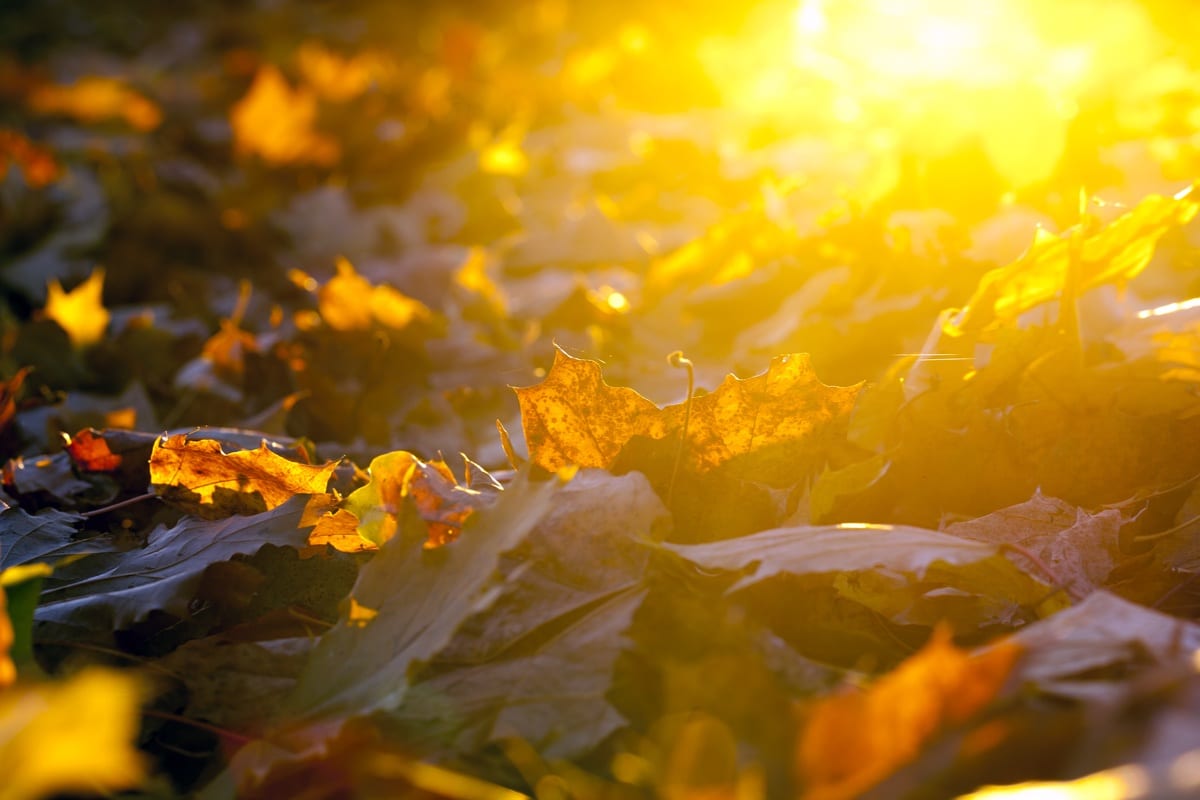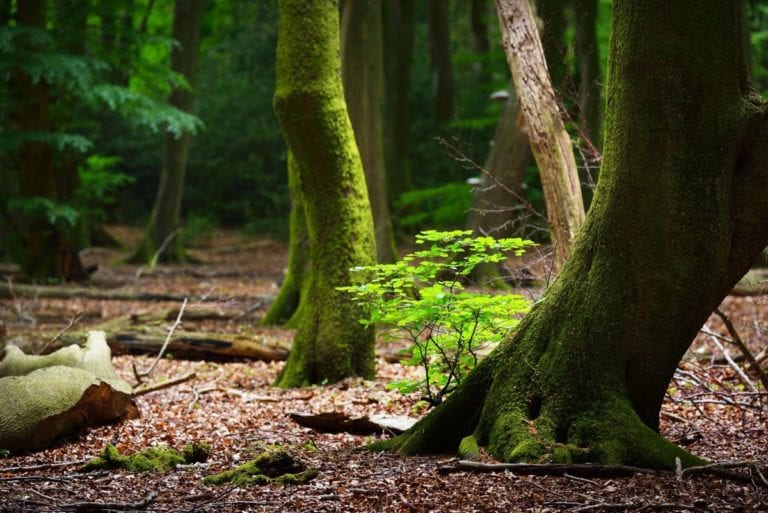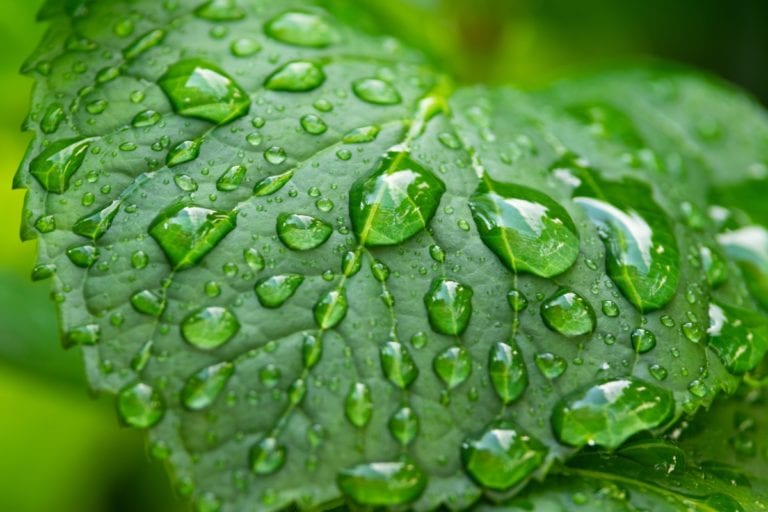October 2019 Audio Meditation
Here’s the October 2019 Audio Meditation:
If you would prefer to experience this meditation with images, here’s the YouTube version:
Meditations, experiments, books and guided meditations to assist with nourishing spirituality, healing childhood wounds, and living more consciously.
Meditations, experiments, books and guided meditations to assist with nourishing spirituality, healing childhood wounds, and living more consciously.

Here’s the October 2019 Audio Meditation:
If you would prefer to experience this meditation with images, here’s the YouTube version:

Brain research offers many new insights into the impact of our everyday attitudes and ways of being affect us as we move through our daily lives. Recently, I heard an interview on NPR where a neuroscientist talked about recent research in gratitude and its effects on neurotransmitters. The upshot of the interview was that focusing on gratitude automatically generates increased dopamine and serotonin. Both of these neurotransmitters are part of our “feel good” chemistry.
What was both intriguing and encouraging about the information offered in the interview was that it didn’t take an enormous amount of effort to elicit this neurochemical change in the brain. It got me to thinking about… Read More “674th Week: Cultivating Gratitude for Greater Well-Being”

This year’s theme is reciprocal relationships–that we are in relationship with the world around us in every moment. For this month, we focus on the relationship we have with the community of collaborative organisms that comprise our body, offering gratitude and blessings to all of them.
The fidelity on this January meditation isn’t great, but it improves starting in February.
Please remember never to listen to these audio meditations when driving or operating dangerous machinery…
Here’s the YouTube version if you’d prefer to see images of nature as you move through the meditation.

Sitting in Central Park one weekend morning, a morning that was cloudy and quiet in the park, I felt a deep sense of peace radiating from all the trees around me. The quality of the trees and the environment they evoked reminded me of the Japanese practice of “forest bathing”, where people go amongst trees to soak in the healing that naturally emerges.
Attuning to the peaceful quality of the trees is, for me, similar to tuning in to a particular radio station, television channel, or on-line program… Read More “681st Week: Resonating with the Essence of Peace (Playing with Foreground/Background Dynamics)”

In my work as a trauma specialist, I have touched into many approaches that help to re-center ourselves when we feel activated, as well as to heal unresolved trauma. During this time in our history, when so many people across the planet are frightened, angry, overwhelmed, and feeling stressed in so many ways, working with processes that support re-centering feels more important than ever.
Back in the early ‘80’s, when I went through a year-long training in hypnosis, I began to develop ways to work with “parts of the self” that seemed to help people calm themselves, to work through deep fears and then, ultimately, to resolve trauma and dissociation. Read More “686th Week: Working with Parts to Support Re-centering”

I’ve written a number of times about themes such as gratitude and kindness, qualities that are deeply needed in our personal and collective lives at this time. For this week’s practice, I want to share some thoughts about the practice of blessing as a form of subtle activism.
For many of us, there may be times when we feel overwhelmed by all the negativity, anger, incivility, and harm unfolding all around us, seemingly everywhere on the planet. For some of us, various forms of subtle activism represent something we can do to contribute even as we attend to our everyday responsibilities and activities. Many people turn to prayer as a form of subtle activism, while others come together in groups to practice with healing images offered to individuals, groups, non-human lifeforms, and the planet as a whole.
One of the things I have found very helpful has been to engage in an active practice of offering blessings—usually silently—as I move through my daily activities. For example, I bless my home as I come and go from it, I bless my office when I come in the morning and before I leave in the evening. Along with these blessings, I express gratitude and this has been a habit over many years now.
Read More “772nd Week: Practicing the Art of Blessing”